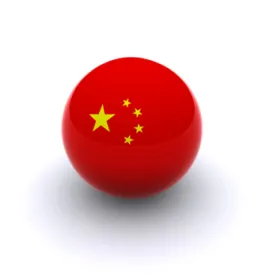The bilateral discussions recently concluded between the United States and China in the context of the Joint Commission on Commerce and Trade (JCCT) highlight the worsening rift between the two trading partners. We are entering a new era of significant trade turmoil and instability with China that may affect not only U.S. exports to China but also the operations of U.S. companies doing business in China.
The recently initiated investigations by the U.S. government of Chinese solar imports into the United States for allegations of unfair pricing and illegal subsidies have led the Chinese government to initiate its own investigation into U.S. subsidization of its green energy industry and to bring trade remedy cases against a number of U.S. imports into China. Europe is rumored to be preparing its own measures against Chinese solar panels and other imports that threaten its industries and member states' economies. Such measures could cause significant diversion and disruption of trade.
Given this rapidly evolving situation, there are real and immediate consequences. U.S. exporters are at risk of being caught in new trade remedy investigations in China as part of the Chinese government's broader retaliatory measures. So far, the industries targeted by Chinese authorities and most at risk are in the automotive, chemical, steel and agricultural sectors. However, all U.S. exports to China are vulnerable. The so-called "green energy" industry (solar, bioenergy, wind, etc.) is particularly exposed to trade remedy actions given the subsidies that this sector has received in most countries to nurture its growth. This means that U.S. exports are vulnerable to trade actions by other countries (China, European nations), as are imports into the United States from U.S. plants in China. Other consequences for companies that source products in China include disruption of supplies and higher tariffs.



 />i
/>i
